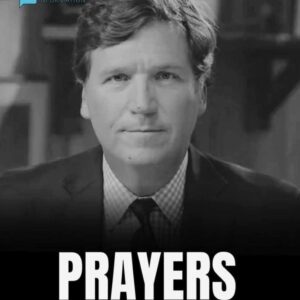Millions of borrowers nationwide are worried as the Trump administration announces that it will soon begin collecting on student loan defaults for the first time in five years.
The Federal Student Aid office of the Department of Education said Monday that it will begin collecting again on May 5 and will be able to deduct money from borrowers’ tax returns, Social Security benefits, and eventually their wages.
Borrowers and taxpayers alike will benefit from these actions as they collectively bring the federal student loan portfolio back into repayment,” stated Education Secretary Linda McMahon.
According to the Education Department, the adjustment will impact 5.3 million borrowers who experienced default prior to the pandemic. If a borrower doesn’t make a loan payment for at least 270 days, they are technically in default.
According to Scott Buchanan, executive director of the nonprofit trade association Student Loan Servicing Alliance, “the majority of borrowers are not at risk of defaulting right now, but they might be in five months.” “And so taking action today is pretty important.”
The Education Department said in a press release on Monday that it will issue notices of wage garnishment, which involves taking up to 15% of a borrower’s disposable income, “later this summer.” It is advising borrowers who are in default to sign up for an income-driven repayment plan or begin making monthly payments in the interim.
Mike Pierce, executive director of the Student Borrower Protection Center, says, “It’s completely understandable that people would be terrified, perplexed, and overwhelmed by the prospect of paying hundreds or thousands of dollars a month that they don’t have.”
With tariffs driving up the cost of many goods, many families are already finding it difficult to make ends meet in the current unstable economy. Furthermore, he says, families who have student loan debt may soon see a reduction in their Social Security or paycheck.
Experts discussed the options available to borrowers and the potential repercussions as collections pick back up with NPR. Here’s some information.





